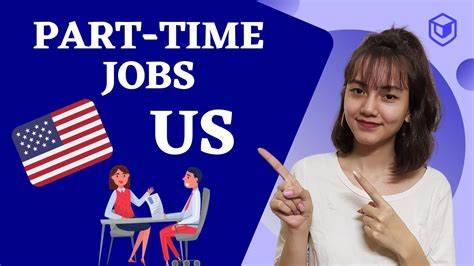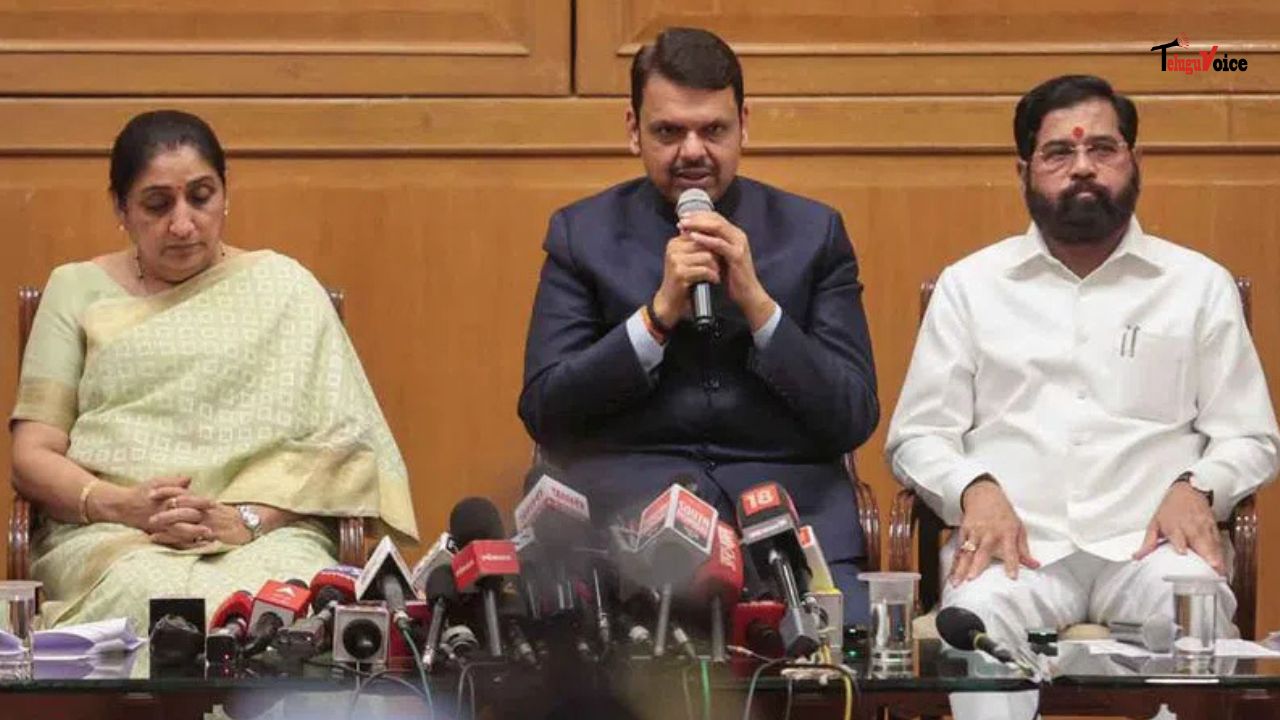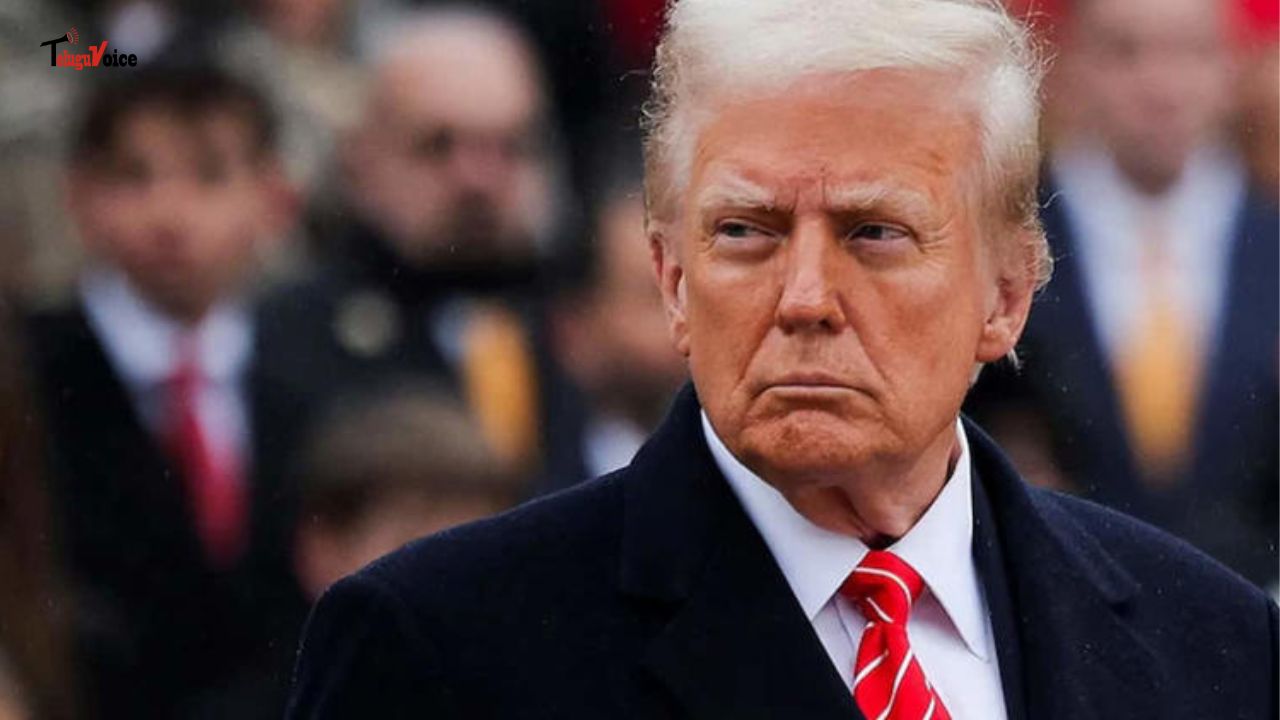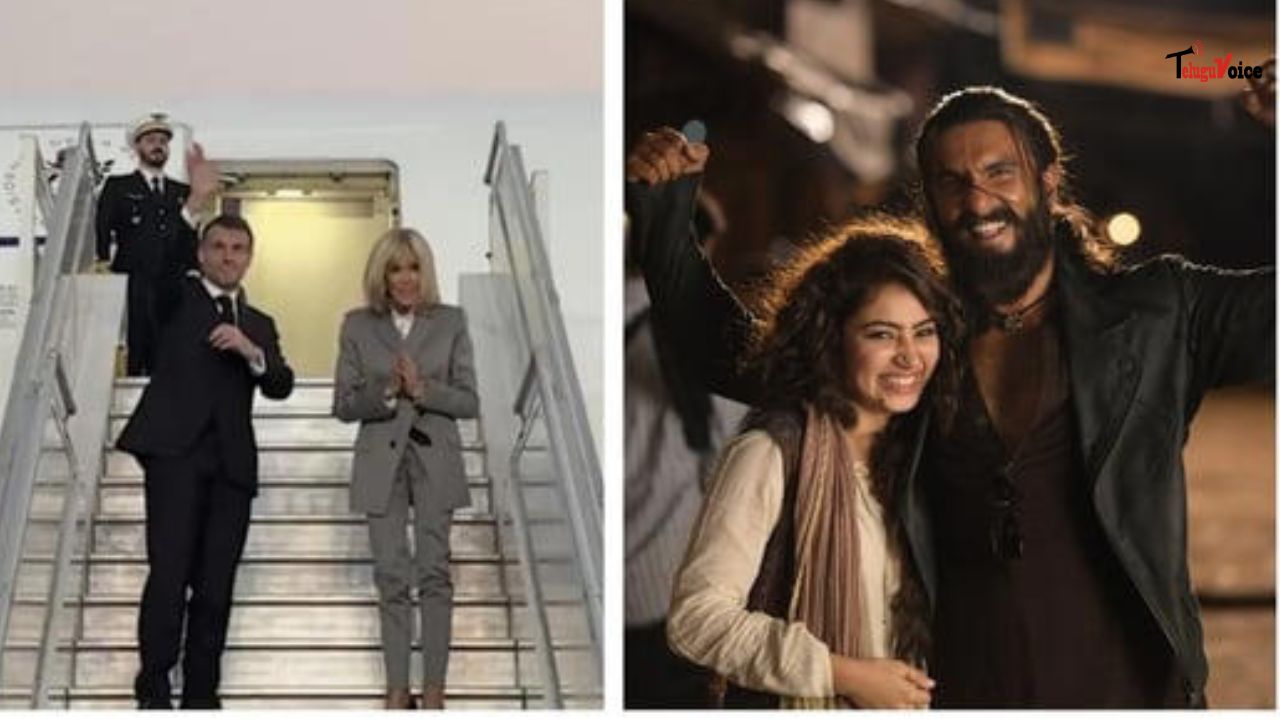New USCIS Guidelines Make EB-1 Visa More Accessible for Indian Professionals

The US Citizenship and Immigration Services (USCIS) has updated its guidelines for the EB-1 visa category, simplifying the process for applicants to prove their 'extraordinary ability' across various fields, including science, arts, business, and sports. These changes, which take effect immediately, now recognize team-based achievements as valid evidence, and further clarify eligibility requirements.
While experts view this update as a positive step, it primarily benefits those aiming for the EB-1 visa. According to Vivek Tandon, founder and CEO of EB 5 BRICS, the changes are unlikely to significantly impact applicants in the EB-2 and EB-3 categories unless they can demonstrate extraordinary achievements qualifying them for the EB-1 pathway.
The EB-1 visa, commonly known as the Extraordinary Ability Permanent Residence visa, allows foreign nationals who can prove exceptional talent to live and work in the US. The visa extends to the applicant's spouse and children, enabling them to apply for green cards as well. Indian professionals, particularly those in STEM fields, are increasingly looking to the EB-1A subcategory due to prolonged wait times for EB-2 and EB-3 green cards. As of November 2023, over 140,000 Indians are awaiting EB-1 green cards, while more than a million are in line for EB-2 and EB-3 categories combined.
Key Benefits for Indian Professionals:
The updated guidelines are expected to benefit Indian professionals working in fields where collaboration and team-based accomplishments are the norm. Varun Singh, Ma
naging Director of XIPHIAS Immigration, outlined several key areas of advantage:
Recognition of Team Achievements: The new rules now account for contributions to team-based awards, such as joint research projects or technological innovations. This opens up broader opportunities for professionals in fields like technology, research, and sports.
Sectors Impacted:
Technology: Indian engineers involved in award-winning projects related to software, AI, or biotech can now use team-based recognitions.
Sports: Indian athletes who have been part of internationally recognized teams can leverage these accomplishments.
Academia: Researchers involved in globally acknowledged scientific discoveries can find it easier to qualify for the EB-1A visa.
The guidelines now formally recognize the collective success of professionals in collaborative environments, which could prove advantageous for Indians working on multinational tech projects, scientific research, or sports teams.
Self-Sponsorship for EB-1A
A notable shift is the option for Indian professionals to self-sponsor for the EB-1A green card without employer support. "This change dispels the notion that the EB-1A is only for academicians," Tandon explained, making it more accessible for professionals in fields like technology and business.
What Indian Applicants Should Focus On:
For Indian professionals seeking to qualify for the EB-1A visa, Singh advises building a compelling case with clearly documented evidence:
Team Contributions: Clearly define your role in team-based projects.
Objective Impact: Highlight tangible results, such as patents or research publications.
Documentation: Gather supporting materials like letters of recommendation, media coverage, and other evidence of extraordinary ability.
Challenges for EB-2 and EB-3 Applicants
Despite the positive updates, EB-2 and EB-3 visa applicants may not see significant benefits from these changes unless they can transition to the EB-1 category by demonstrating extraordinary ability. While the EB-1 visa offers a faster path to permanent residence, the backlog remains a concern, particularly for Indian professionals.
To file for an EB-1 visa, the I-140 form filing fee is $700, with the fee typically covered by the employer. However, self-petitioners under the EB-1A subcategory may need to bear this cost themselves.

 South Africa tour of India 2019
South Africa tour of India 2019










Comments